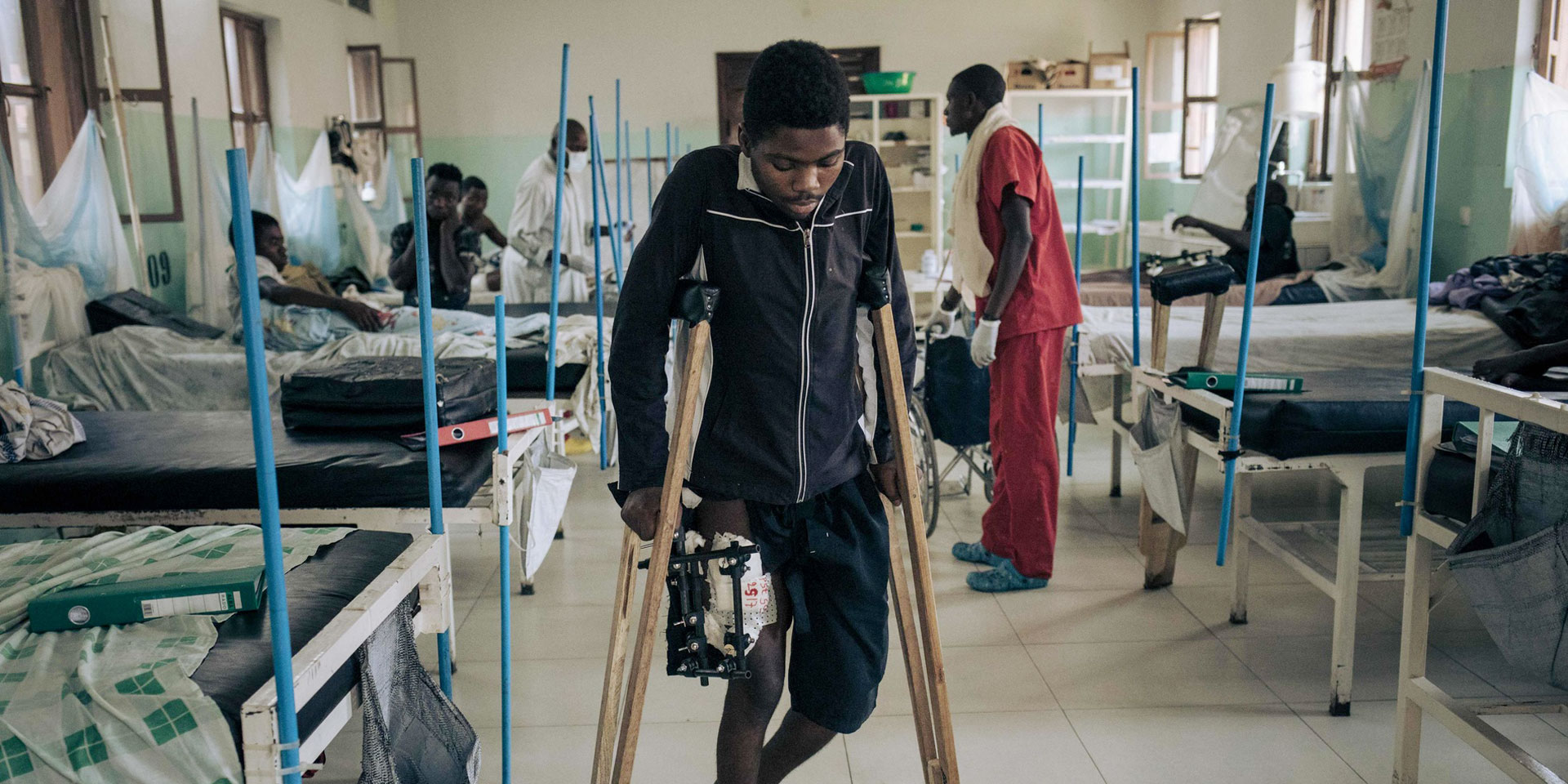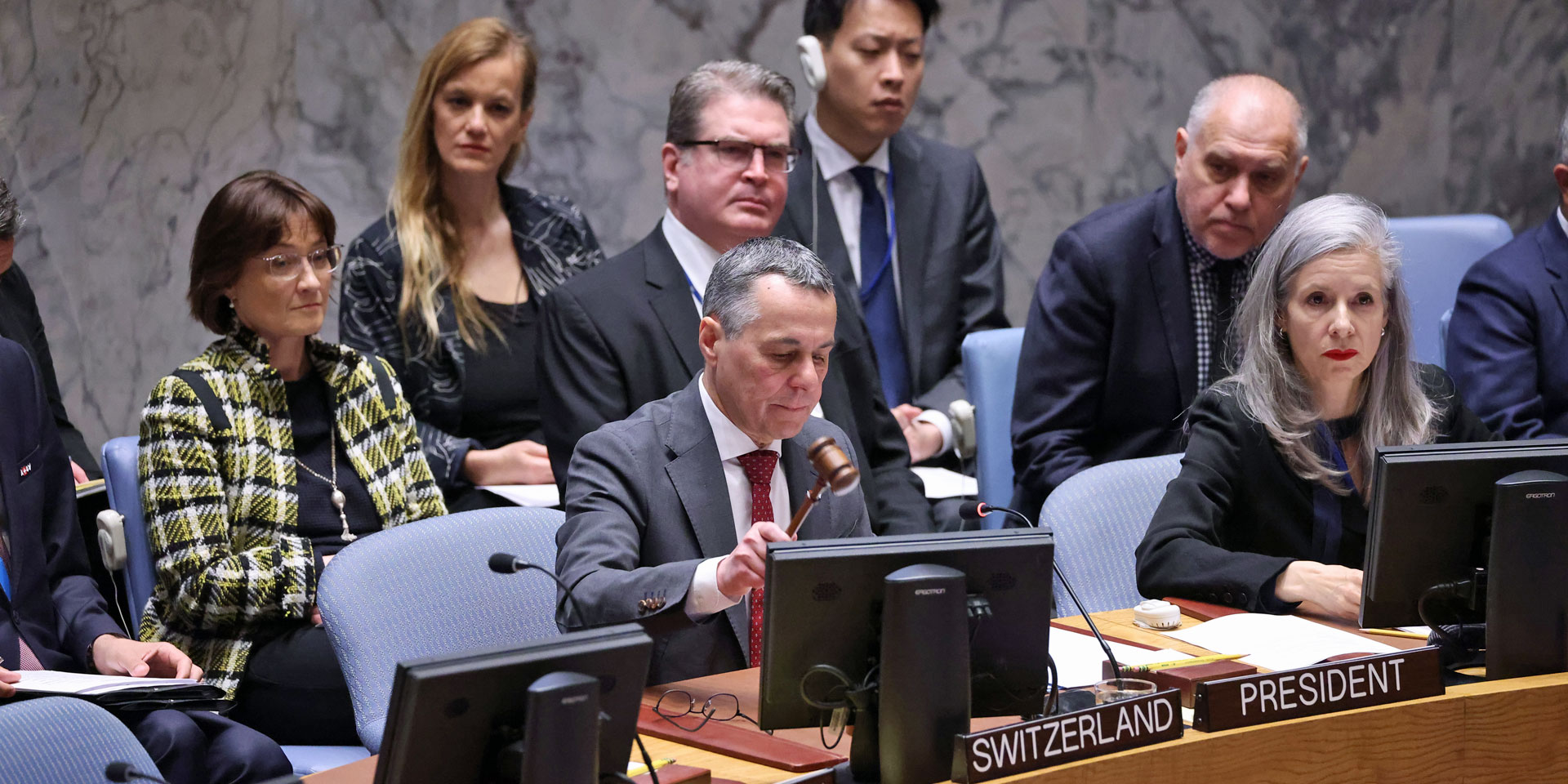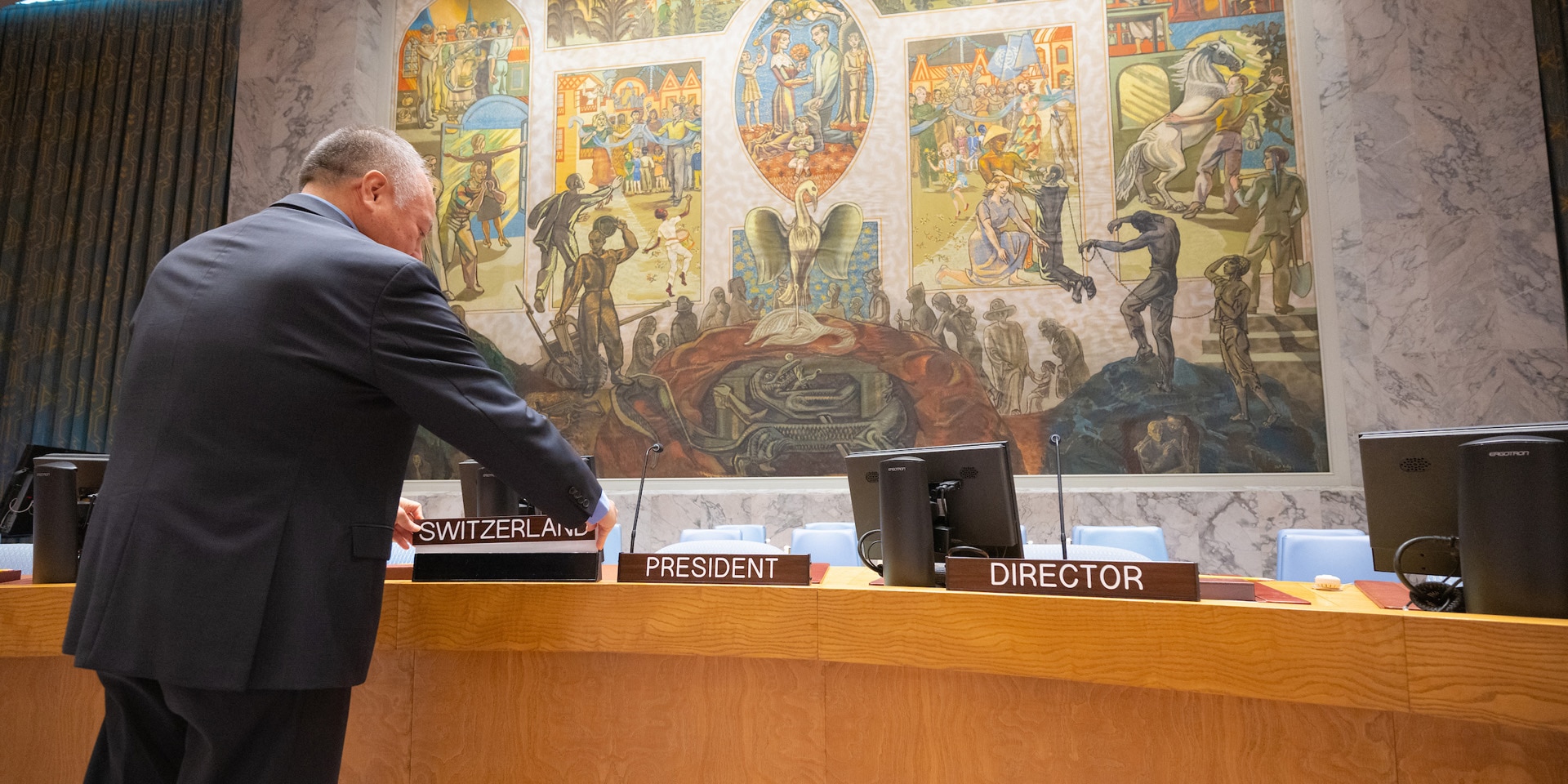UN Group of Friends for the Protection of Civilians in Armed Conflict
Switzerland has chaired the Group of Friends for the Protection of Civilians in Armed Conflict in New York since 2007. This informal grouping of 27 states regularly consults on various aspects related to this issue and is committed to improving compliance with international humanitarian law. Switzerland has organised various meetings of the Group of Friends in the past, including on new technologies, missing persons, disinformation and selected geographical contexts. On relevant occasions, especially in the UN Security Council, the Group of Friends makes a united plea for better protection of the civilian population. As head of the Group of Friends, Switzerland usually coordinates and reads out these joint statements and organises the so-called Protection of Civilians Week ("PoC Week") every May: This platform brings together states, the UN and civil society to discuss current challenges.




